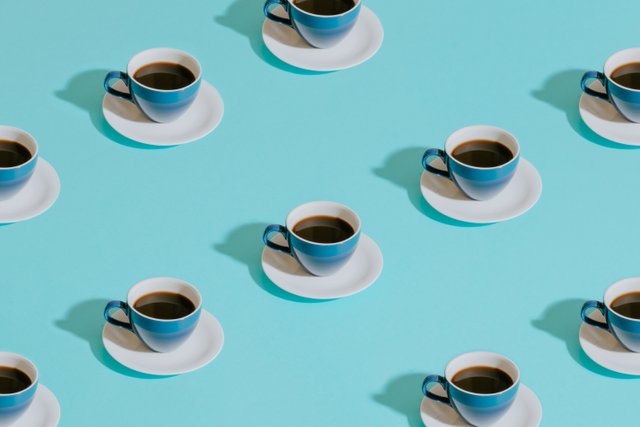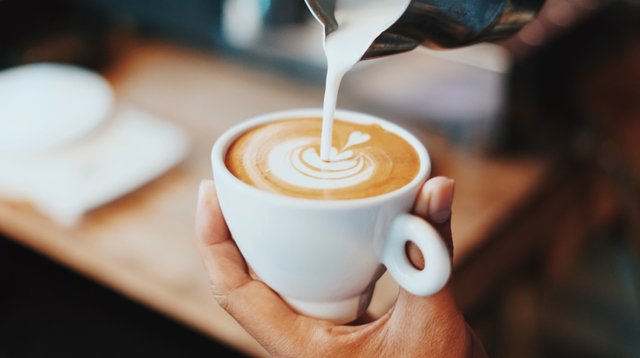How Much Caffeine Do You Actually Drink?

A lot of people worry about how much caffeine they should be drinking. But, does it really matter? This article will present an explanation of how much caffeine your body needs and when you should be worried about your intake. Your body has a natural caffeine tolerance level. This is the amount of caffeine than your body can handle before it starts to feel the effects. It is different for everyone and changes depending on factors like age and weight. The general rule is that the more coffee you drink, the higher your tolerance becomes. The best way to calculate your natural caffeine tolerance level is by taking a test or trial run with different amounts of coffee over time to see what level feels right for you.
The caffeine content of your morning coffee may range from 50 to 400 mg. There is a guideline that cautions adults to consume no more than 400 mg of caffeine per day. Excessive consumption of caffeine can cause an array of symptoms like jitters, feeling frazzled, and irregular heart rate. Caffeine sensitivity depends on your genes and the amount of caffeine in your brain's receptors. A lot of studies show that coffee drinkers live longer, with the optimal amount of coffee being around 4–5 cups per day. And coffee consumption has been linked to a reduced risk of many diseases, with the greatest effects seen at around 4–5 cups per day. Questions have been raised about the effects of caffeine consumption on a developing fetus, so you may want to abstain from coffee, or keep it to a minimum if you're pregnant.

Researchers say 4-5 cups of coffee each day has the most health benefits, but if you're sensitive to caffeine, it's best to have fewer or no cups of coffee. If you like coffee, there's very little evidence to suggest harm from it and lots of evidence of the benefits.
While the ideal number of cups of coffee per day is 4–5, many people can consume more than that without having any issues. If you don't experience side effects from drinking a lot of coffee, there's no reason to stop drinking it.